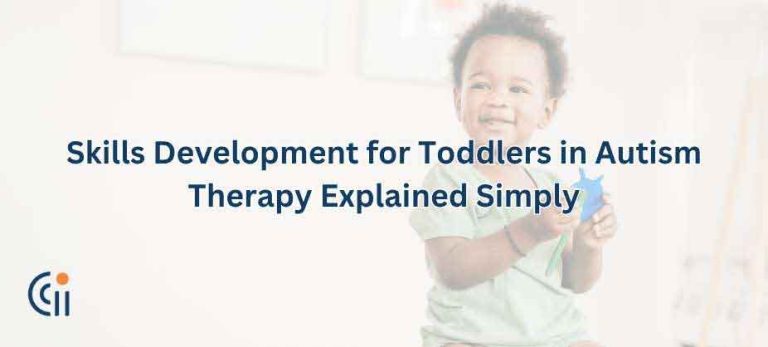Stuffed animals are more than just cute toys. For many children with autism, they provide comfort, security, and emotional support. In this post, we’ll explore how stuffed animals can help children with autism and why they can be such an essential part of their lives.
Why Are Stuffed Animals Helpful for Children with Autism?
Stuffed animals can serve multiple purposes for children with autism. They offer a sense of stability and can help in social, emotional, and sensory development.
- Comfort and Security: Children with autism often experience high levels of anxiety or stress. Stuffed animals can act as a comforting presence, similar to how a child might feel comforted by a parent’s hug. The softness of the stuffed toy can also have a calming effect, helping children relax during overwhelming moments.
- Routine and Predictability: Many children with autism thrive on routine and predictability. Having a stuffed animal by their side, especially in unfamiliar or challenging situations, can make them feel more secure. The consistency of having a favorite stuffed animal can ease transitions and reduce anxiety when encountering new environments.
How Stuffed Animals Aid in Sensory Processing
Many children with autism struggle with sensory processing issues. Stuffed animals can be used as tools to help with sensory integration.
- Soft Textures for Sensory Needs: A stuffed animal’s soft texture can be soothing for children who seek tactile stimulation. Some children enjoy the feel of rubbing a stuffed animal’s fur or fabric against their skin, which can provide a positive sensory experience.
- Weighted Stuffed Animals: Weighted stuffed animals are designed with extra weight to provide deep pressure stimulation. This type of sensory input can be grounding and calming for children who crave this kind of physical feedback. For some, it feels like a comforting hug that helps them focus or relax.
Encouraging Social Skills with Stuffed Animals
Stuffed animals can also play a role in developing social skills for children with autism.
- Imaginative Play: Imaginative play is crucial for childhood development, and stuffed animals can encourage this type of interaction. A child may engage in conversations with their stuffed animals or act out social scenarios with them. This helps develop communication skills and provides a safe space to practice social interactions.
- Learning to Care for Others: Taking care of a stuffed animal teaches responsibility and empathy. Children may pretend to feed their stuffed animal or make sure it’s “comfortable” before bedtime. This role-playing can help children with autism develop an understanding of caregiving and empathy toward others.
Using Stuffed Animals in ABA Therapy
Stuffed animals can be integrated into Applied Behavior Analysis (ABA) therapy, which is commonly used to help children with autism develop important life skills. ABA therapy often uses reinforcement and play to motivate children.
- Positive Reinforcement: Therapists can use stuffed animals as rewards during therapy sessions. For example, if a child completes a task or behaves in a desired way, they may get extra time to play with their favorite stuffed animal.
- Building Communication Skills: Stuffed animals can also be used in therapy to help a child learn language and communication. A therapist might ask the child to describe what the stuffed animal is doing, or they may role-play social situations to practice greetings and conversations.
How Circle City ABA Can Help
At Circle City ABA, we understand that each child with autism is unique. Incorporating tools like stuffed animals into therapy can create a more engaging and personalized experience for your child. Contact Circle City ABA today to learn more about ABA therapy or to start services for your child.
We are here to support you on your autism journey and provide the best possible care for your child.


